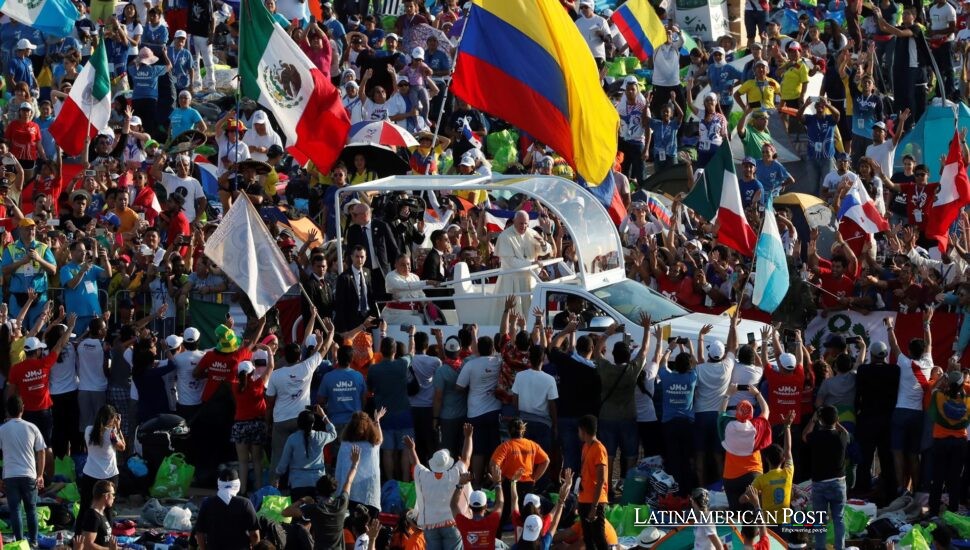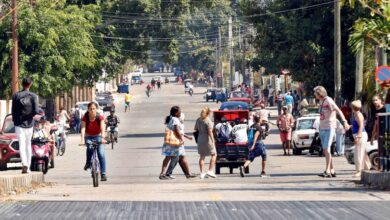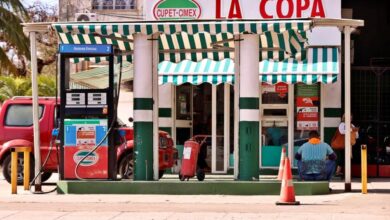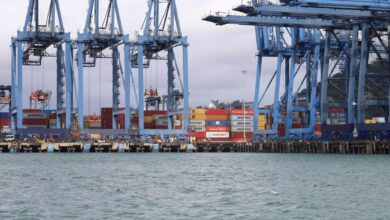Panama Mourns Pope, Migrants Demand Compassionate Government Reform

Panama’s Catholic community is in mourning after the death of Pope Francis, remembered worldwide for championing migrants’ dignity. Amid this sorrow, Church activists and deported asylum seekers unite in calling on officials to honor his legacy by protecting vulnerable lives.
A Pontiff’s Passing and an Urgent Plea
The death of Pope Francis sent shockwaves through Catholic populations around the globe, but in Panama, grief quickly merged with a moral imperative to defend hundreds of deported migrants currently stranded in the country. For many faithful, the late pontiff was more than the leader of their Church; he was the most vocal advocate for people forced to abandon their homelands, carrying a message of compassion that resounded across borders. Now, local Catholics insist that lowering flags to half-staff can never be enough. If Panamanians truly wish to honor the “pope of migrants,” they say, the government must ensure the well-being of those left in limbo.
Pope Francis had long championed an inclusive worldview, famously describing a “culture of encounter” in which even the most marginalized souls deserve respect and protection. Among those who drew strength from his words were some 299 migrants whom the United States deported to Panama, using the Central American country as a “bridge” for repatriation flights. This group arrived in three planeloads starting in mid-February, comprising people from nations as diverse as China, Iran, Vietnam, and Cameroon. Some eventually chose voluntary return to their homelands. Fearful of mistreatment, they declined, plus so remained in uncertain circumstances.
With this situation – displacements occurring simultaneously with the passing of a well-known Catholic figure – local supporters discovered new determination. They note that Pope Francis’s call to value every human life struck a chord throughout Latin America, especially in a country like Panama that officially acknowledges Catholicism’s profound role. Yet, for many activists, the very systems dealing with these displaced individuals seem out of step with Francis’s teachings. They ask a straightforward, pressing question. Does official mourning produce actual policies for individuals who lack alternatives?
From Flight Arrivals to Uncertain Futures
U.S. authorities started sending migrants to Panama. The original idea was uncomplicated. Panama acted as a short-term location. At that location, people coming in could pick either a trip back to their home countries or a future with no set end. Around 188 eventually departed for their countries of origin, but 111 refused, citing fears for their safety if forced to go back. At first, the entire group was lodged in a hotel in Panama City, and then those unwilling to be repatriated were relocated to a facility near the Darién jungle—an area already notorious for grueling migratory crossings.
Facing international pressure, the Panamanian government granted a 30-day humanitarian permit, renewable up to 90 days, for those stuck in the capital. That measure gave them temporary legal cover but little else. Suddenly, families and single travelers alike found themselves with limited shelter options and no steady income. EFE spoke with two mothers from Asia, petrified at the prospect of returning to a homeland riddled with political violence. Through a translation app, they recounted how they traveled across multiple countries in the Americas with their young children, only to end up handcuffed on a flight they never intended to board.
The women stay in small hotel rooms located in central Panama. They consider the Pope’s death a symbol. It is another disappointment among many failed expectations. The women remember Francis, a person whose parents immigrated. He often said, “No person is disposable”. He encouraged countries to broaden secure routes. He advocated treating refugees as a family who require help, not just data points. For them, the official gesture of half-raised flags is overshadowed by the looming expiration date on their temporary visas.
Catholics Invoke Francis’s Memory for Real Change
The shift from mourning to concrete action remains the central demand of church-affiliated groups such as Red CLAMOR (La Red Eclesial Latinoamericana y Caribeña de Migración, Desplazamiento, Refugio y Trata de Personas). This coalition, which includes Catholic organizations like Fe y Alegría, has stepped in to help after the government’s logistical support ended. Members rent out modest hotel rooms or open their own shelters for families cast into confusion by bureaucratic indecision. When EFE visited one such site, social worker Elías Cornejo spoke of carrying Pope Francis’s teaching forward: “Honor him by offering dignity, not just words,” he insisted.
According to Cornejo, the Panamanian Constitution upholds the right to humane treatment, and the government’s Catholic identity should reinforce that principle. Migrants face instability – they lack steady housing and future chances. Red CLAMOR volunteers state they give simple meals, secure places to sleep along with document assistance. They understand a solid policy answer is required. Absent that the humanitarian permit is timeline creates worries about later forced removal.
The contradiction seems plain: a Catholic country lowers flags for a pope who backed migrant rights but struggles to safeguard the group he would have defended. Hope continues. The combination of sadness and moral need could cause leaders to take broader actions – increasing housing choices, giving job instruction, or talking with different countries to ease asylum requests. Some activists suggest that just as Pope Francis bridged divides within the Church, this moment might inspire Panamanian institutions to transcend administrative hurdles and embrace a spirit of genuine mercy.
Still, obstacles remain. Many Panamanians sympathize but worry about limited resources. Government personnel worry that backing could draw a larger number of migrants, increasing the load on the nation’s ability to manage them. Small-home families wonder if communication or an official notice decides their fate. Does the open show of sadness for Pope Francis indicate improved understanding and openness?
For those who already have much suffering, the pontiff’s death connects closely to their daily experience. Papal communication often said they deserve a life with respect, a hope they retain throughout the shared sadness. The key, church leaders say, is to transform that dream into reality—channeling the unity and tenderness that often surface in national mourning into a blueprint for humane immigration policy.
Also Read: Dominican Women, Children Deportations Surge Under Mounting Concerns
Candles, along with black ribbons, decorate public buildings in Panama. The question remains: Will the late Pope’s legacy greatly affect how this country treats vulnerable people? Catholic workers will find the answer in official responses after the immediate grief ends. Only then can Panama truly say it has honored Pope Francis, the “pope of migrants,” by embodying his tireless plea for compassion in a world that often forgets its shared humanity.





